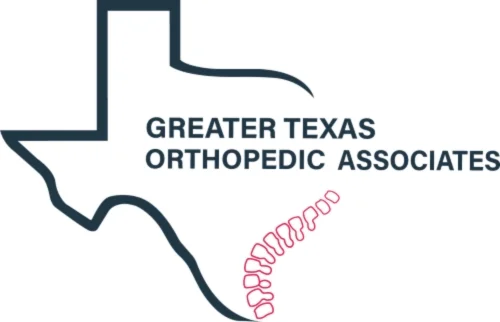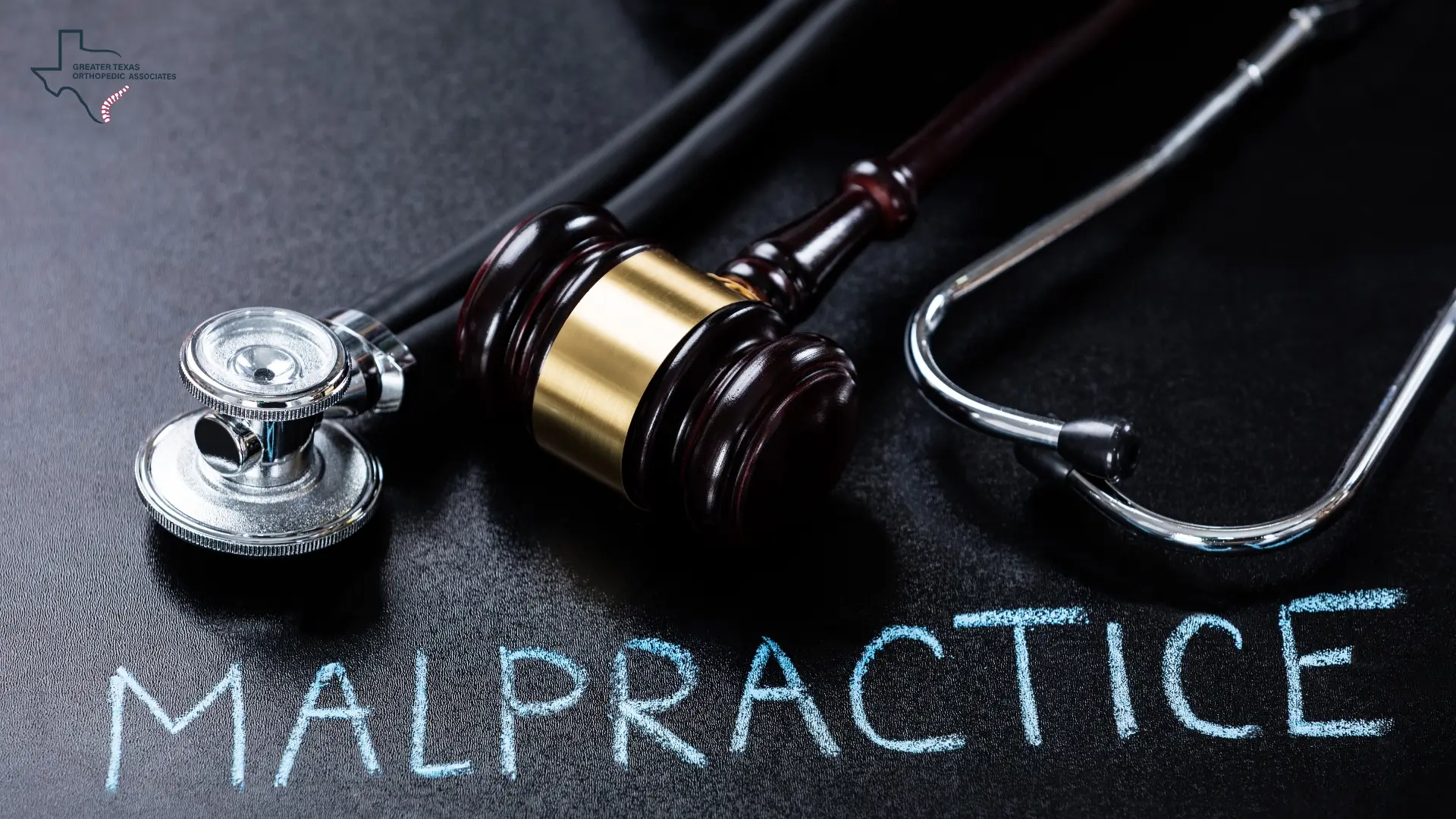How to Spot a Medical Provider That Could Hurt Your Client’s Case
In the realm of personal injury litigation, the choice of medical provider is paramount, serving as the foundation upon which successful claims are built. The recovery process for an injured client involves not only physical healing but also navigating the complex legal and financial aftermath of an accident.
Medical records are the primary evidence that documents injury severity, establishes causation, and substantiates the claim for damages. When the documentation is faulty or the provider’s ethical conduct is compromised, the client’s case can be severely undermined, potentially leading to reduced compensation or outright denial of the claim.
The Centrality of Medical Documentation in Legal Claims
Medical records serve as a detailed blueprint of a patient’s health history, guiding treatment decisions, facilitating communication between medical teams, and ultimately providing the objective support necessary for legal proceedings. In personal injury cases, the injured party carries the burden of proving that another party’s negligence directly caused the harm.
The Legal Consequences of Poor Medical Documentation
Comprehensive medical documentation is essential for establishing several critical elements of a case: the specific injuries sustained, the type and frequency of treatment received, the timeline of recovery, medical opinions on long term effects, and any permanent disabilities or limitations. If these records are absent, incomplete, or inconsistent, insurance companies may argue that the injuries are not as severe as claimed or that they were not caused by the accident in question, thereby challenging the very foundation of the claim.
How Documentation Quality Affects Case Outcomes
The quality of medical records directly impacts the outcome and value of a personal injury claim. Well-documented records, which include diagnoses, treatment plans, and progress notes, provide clear evidence of injuries and associated expenses, often leading to higher compensation amounts. Conversely, incomplete or poorly maintained records can hinder a claim, resulting in disputes or reduced settlements. Such bad medical documentation in legal cases often leads to confusion, inconsistent treatment notes, and weak evidence that insurance companies can easily dispute.
Inadequate medical documentation can lead to confusion among medical teams, potentially resulting in delayed or improper treatment that endangers the patient. Moreover, improper or incomplete documentation exposes healthcare providers to serious consequences under the law, including civil lawsuits and professional sanctions. For instance, proof that a medical record was intentionally altered can destroy a defendant provider’s credibility before a jury and force the settlement of an otherwise defensible case, even if the medical care provided was appropriate. Faulty records can be used as evidence supporting negligence claims, especially when documentation is missing, altered, or contradictory.
Insurance adjusters and defense attorneys meticulously review every medical note to identify inconsistencies or signs of exaggeration. Even minor discrepancies, such as differences between ER reports and follow-up evaluations, can be exploited to cast doubt on the claimant’s honesty. Conversely, well-documented injury progression and timely follow-ups convey medical reliability and can accelerate settlement negotiations.
Red Flags Indicating Risky Medical Providers
Attorneys must be vigilant in identifying signs that a medical provider may compromise a client’s claim. When it comes to client outcomes, even one unreliable doctor can jeopardize a case. Recognizing these red flags helps attorneys Identify Risky Medical Providers early and safeguard both case integrity and client trust.
1. Incomplete, Inaccurate, or Inconsistent Records
Documentation must clearly and consistently capture the diagnosis, treatment, progress, and outcomes. Attorneys should be wary of records exhibiting:
- Missing Details: Records lacking information on treatment plans, medications, or comprehensive patient histories.
- Illegible or Ambiguous Language: Documentation that is undated, illegible, or unclear can cast doubt on the quality of care received by the patient.
- Inconsistency: If initial reports conflict with later records, or if back pain is initially noted but later records omit it, insurance companies can exploit that inconsistency to reduce or deny a claim.
- Lack of Objective Findings: Medical opinions provided must be substantiated by fact, scientific evidence, or experience, and sound clinical judgment. A heavy reliance solely on subjective complaints without corresponding objective findings may weaken the overall claim.
2. Suspicion of Altered or Falsified Entries
Proof of medical record alteration, without proper authentication and good cause, implies tampering with evidence, which has severe consequences in malpractice litigation. Improper documentation includes altered notes or falsified entries. If a provider corrects documentation after the service, any changes must be legitimate, accomplished appropriately, and clearly labeled as such to prevent allegations of fraudulent conduct or intentional cover up. The presence of bad medical documentation in legal cases, such as intentional alteration, ruins the provider’s credibility and leaves a strong impression that they are trying to hide the truth.
Beyond the risk of falsification, an improper chain of custody for medical records can raise serious questions about their authenticity. When multiple individuals handle, edit, or transfer records without clear documentation, defense attorneys may argue that the evidence has been compromised. Every record from initial evaluation to final discharge must show traceable authorship, timestamps, and secure storage to maintain admissibility in court. Failure to do so not only undermines the provider’s reliability but also weakens the attorney’s ability to defend the claim with confidence.
3. Gaps in Treatment and Delayed Care
Gaps in medical treatment, such as waiting weeks before seeking initial care or missing follow-up appointments, can raise red flags for insurance companies. Adjusters may argue that the client was not seriously injured or that the gap allowed for an intervening cause. Attorneys must ensure clients follow their doctor’s advice closely, keep all appointments, and document any cancellations to protect the claim.
The Influence of Provider Reputation and Testimony
A medical provider’s reputation and credibility are essential factors that significantly influence the ultimate settlement value and the strength of the case. In complex cases, medical experts are often brought in to interpret records, explain long-term effects, or testify to the seriousness of the condition.
During cross examination, opposing counsel will often focus on inconsistencies in a provider’s past testimony, billing records, or professional affiliations to discredit their objectivity. A single misstatement or contradiction can erode a provider’s authority before a jury. Attorneys must therefore ensure that any medical expert they rely on can confidently defend their conclusions under scrutiny and demonstrate an evidence-based approach that aligns with established medical standards. The ability of a provider to remain composed and fact-driven in testimony can determine whether a jury perceives the claim as credible or speculative. Strong medical provider credibility personal injury testimony reassures juries and supports higher claim valuations.
The Requirement for Objectivity and Impartiality
A medical expert assists the adjudicative body (e.g., court or jury) in understanding complex clinical, scientific, or technical medical evidence. When acting in this capacity, the physician’s duty to the adjudicative body prevails over any obligation to the person who is instructing or paying them.
Physicians acting as medical experts must:
- Provide objective and impartial opinions.
- Be honest, objective, and impartial in their testimony.
- Provide opinions that are reasonable, fair, balanced, and substantiated by facts, scientific evidence, or sound clinical judgment.
- Strictly not advocating for any party involved in the legal proceeding.
- Accurately represent their scope of expertise and restrict their statements to areas in which they have genuine expertise. If a question falls outside their scope, they must clearly state this and decline to answer.
If a provider fails to meet these rigorous standards, their entire testimony can be compromised, leading to significant case weakness. If a provider’s lack of medical provider credibility personal injury cases is known, it may influence the jury and damage the case.
Red Flags Related to Credibility and Relationships
There are signs that may indicate a provider lacks credibility or has a potential conflict of interest. Attorneys should watch for:
Attorney/Doctor Established Relationship: If the primary treating doctor frequently works with the attorney, it may cause suspicion of fraud and could lead the case to be flagged for investigation.
Unusual Billing Practices: Red flags include billing for unnecessary services, billing for unrendered services, or disproportionate medical expenses compared to the vehicular damage (which may lead to suspicion of a “built up” case).
Unstable Practice: Signs such as an incorrect address on documentation, a medical facility that frequently changes names, or a facility that operates under multiple names can raise concerns about credibility.
Establishing relationships with reputable medical networks can prevent credibility issues before they arise. Experienced attorneys often maintain a vetted list of specialists known for their integrity, detailed documentation, and clear communication. This proactive approach helps avoid unreliable providers who may jeopardize both the client’s health and the case value.
Practical Advice on Vetting Providers Before Referrals
Proactive vetting is the most effective way to Identify Risky Medical Providers and protect the client’s physical and financial well-being. Attorneys should employ a rigorous process to ensure the provider meets ethical and legal standards for expert opinion and reliable documentation.
1. Assess Expertise and Qualifications
Attorneys should ensure the prospective provider possesses current experience and ongoing knowledge in the area about which they are asked to testify. Relevant qualifications include holding a current, valid, and unrestricted medical license, being certified by a relevant board, and being actively engaged in clinical practice in that medical specialty. Attorneys should seek experts who can dissect complex medical issues and explain them clearly to a judge or jury.
2. Review for Potential Conflicts of Interest
Before accepting a request to act as a medical expert, physicians must consider whether any actual or potential conflicts of interest exist between them and the parties involved. Attorneys are advised to disclose the existence of any potential conflict before engaging an expert. Experts should never accept compensation contingent on the litigation’s outcome, nor should their fees be disproportionately high relative to the time and effort involved, as this undermines objectivity. Fees charged must be reasonable.
3. Demand Transparency and Comprehensive Reporting
The provider must be transparent about the instructions given, the process used to form their opinions, and the information relied upon. Attorneys should seek providers committed to:
- Comprehensiveness and Accuracy: Ensuring all relevant information has been considered and that the expert opinion is accurate. If information cannot be independently substantiated, the source must be noted.
- Clarity: Using language and terminology that can be readily understood by laypersons, ensuring all abbreviations and technical terms are explained.
- Timeliness: Providing written reports and testimony without unreasonable delay.
If instructions are unclear, inadequate, or conflicting, the physician must seek clarification from those instructing them before providing an expert opinion.
4. Examine Professional Conduct History
Attorneys should confirm that the expert is willing to submit transcripts of depositions and testimony to peer review, which is a guideline recommended by medical professional societies. Misconduct as an expert, including providing false, fraudulent, or misleading testimony, may expose the physician to disciplinary action. To effectively Identify Risky Medical Providers, attorneys must research the provider’s history regarding adherence to objective standards.
Conclusion: Protecting Health and Claim Integrity
Identifying and avoiding bad medical documentation in legal cases early is a critical strategy that protects both the client’s physical recovery and the legal integrity of the claim. Dependable orthopedic care supported by precise, well-structured medical documentation is the cornerstone of successful litigation.
GTOA is committed to providing expert orthopedic healthcare services and comprehensive orthopedic evaluations tailored to meet the rigorous demands of legal cases. We offer specialized care, pain management, and medical evaluations for legal claims, drawing on 70 years of combined expertise. We deliver comprehensive injury assessments and strive to ensure precise medical documentation, which is crucial for claims.
📌You can learn more about how reliable professionals strengthen claims by reading our related article, [How Lien Doctors Strengthen Personal Injury Cases].
For specialized orthopedic care and assessments that prioritize objectivity and accuracy in documentation, we invite you to review our [Services] offerings, which include Comprehensive Injury Assessments and Quick Orthopedic Evaluations for Legal Cases.
In personal injury law, prevention is always more effective than correction. Attorneys who can Identify Risky Medical Providers early save themselves from having to repair evidentiary gaps or credibility damage later in litigation. A single unreliable medical report can undo months of case preparation, while a credible provider can transform a borderline claim into a compelling, evidence-backed argument for fair compensation.






